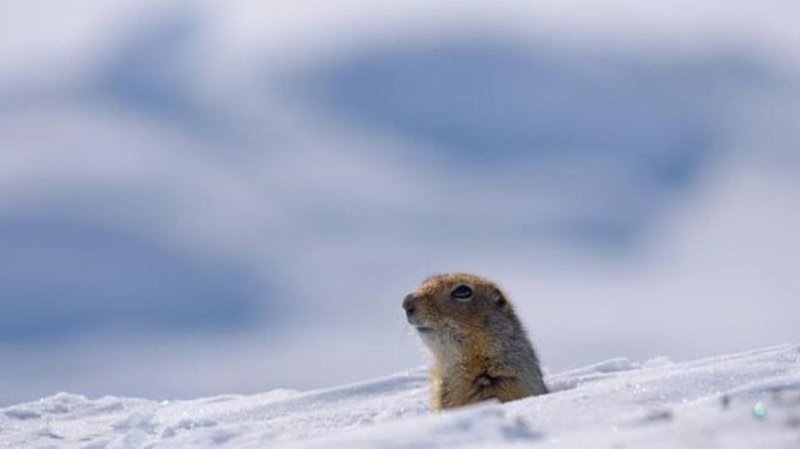
Climate change could mean fewer ‘date nights’ for Arctic ground squirrels: study
As temperatures rise in the North, scientists say it’s affecting how Arctic ground squirrels hibernate — and it could have serious consequences for the species.
The furry critters survive the harsh Arctic winters by burrowing underground and hibernating for eight months before emerging in the spring ready to eat and breed. As the males go through seasonal puberty every year, they normally wake up about a month earlier so they are ready to mate when the female Arctic ground squirrels resurface.
But in a new study published in Science, researchers found that over the past 25 years, female squirrels have been ending hibernation about 10 days earlier in response to earlier spring thaw while the males have not.
“If this continues, females are going to be ready to mate with males before males are physiologically able to mate with females,” said senior author Cory Williams, assistant professor in the department of biology at Colorado State University, who has been studying Arctic ground squirrels for more than 15 years.
